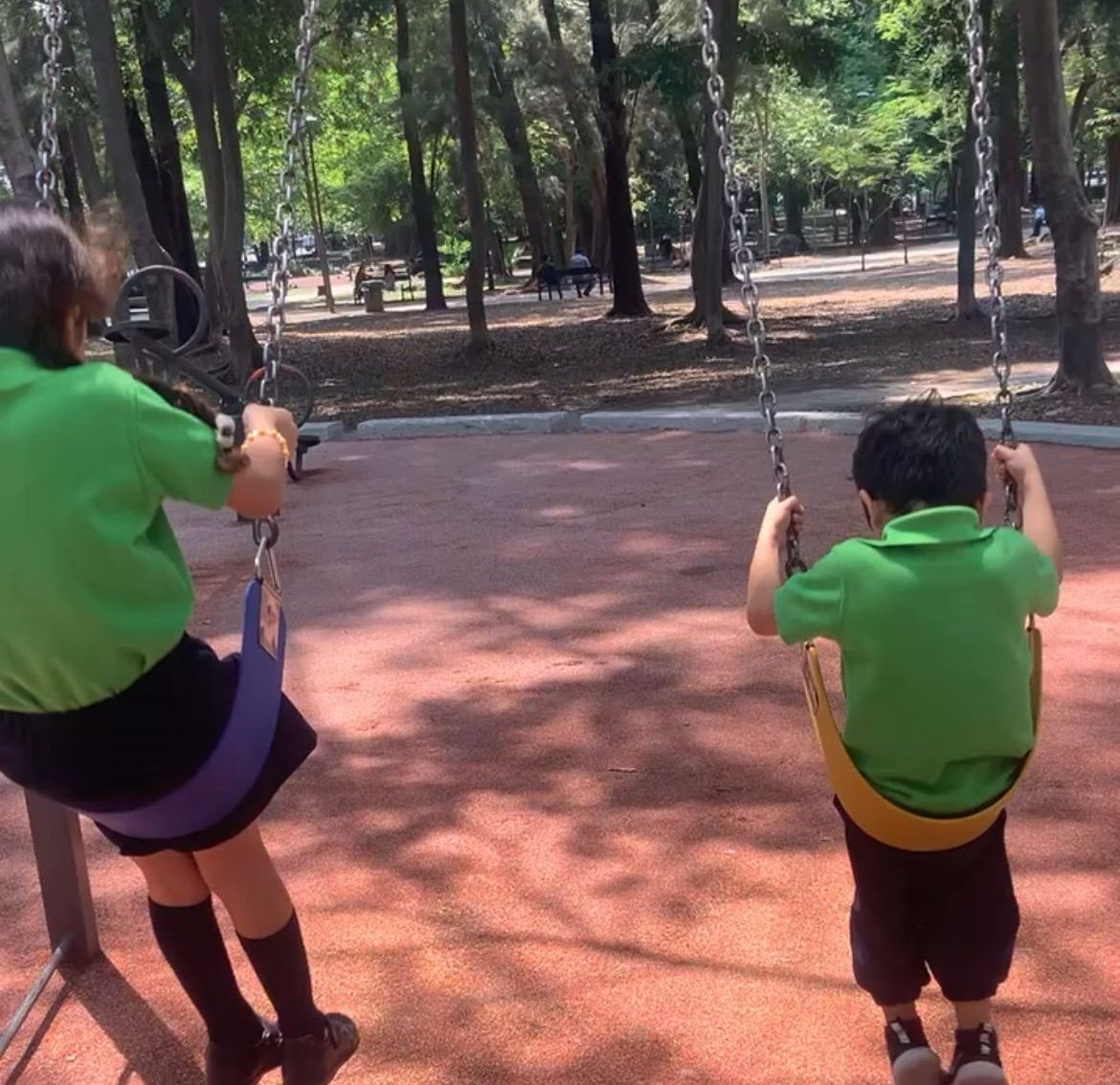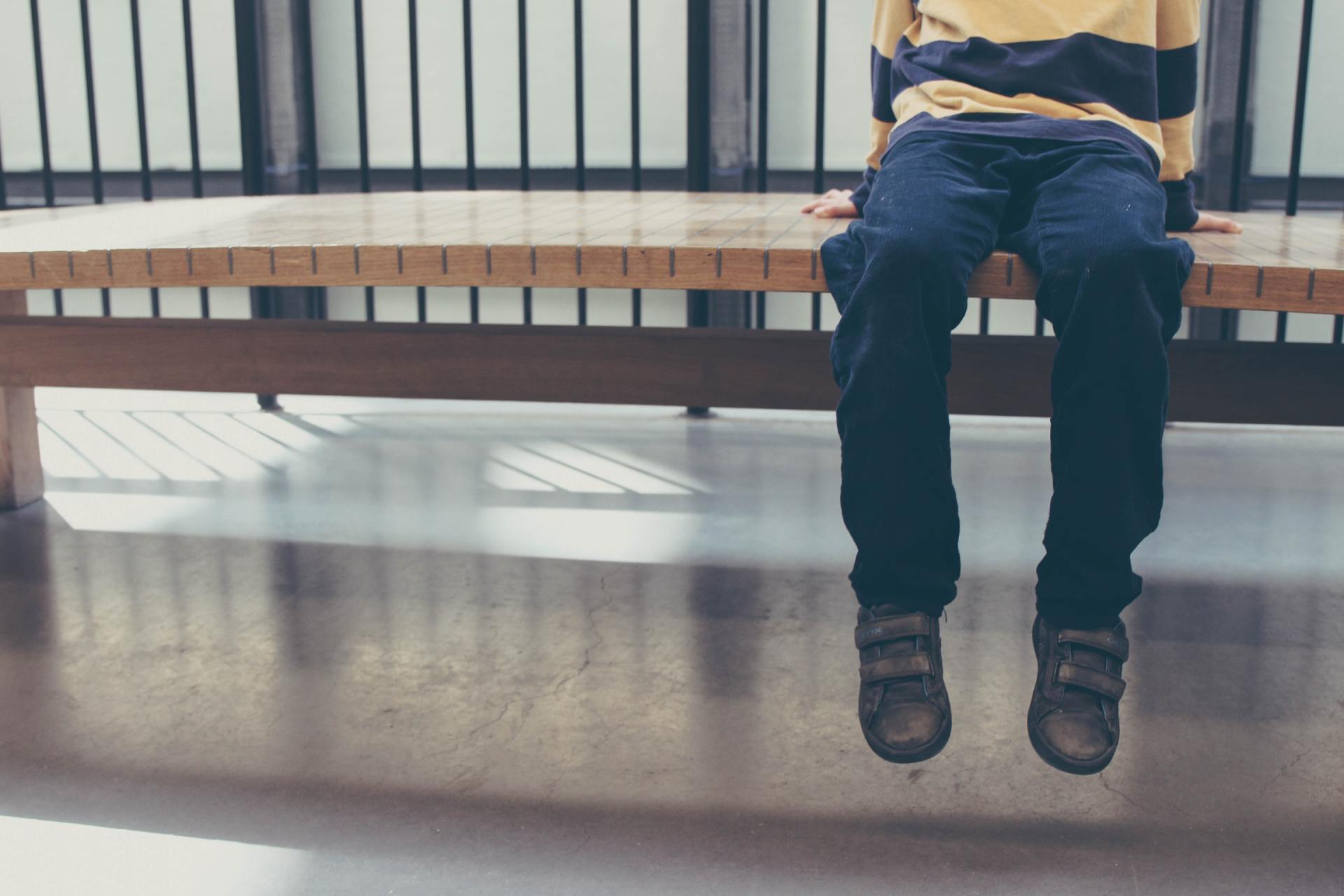
P arenting is a beautiful journey filled with love, joy, and growth. But let's be real—it can also be incredibly triggering at times. Those moments when your child pushes your buttons, igniting frustration, anger, or even guilt, can leave you wondering, "Why does my child trigger me like this?" Rest assured, you're not alone. In fact, understanding why your child triggers you is a fundamental step toward becoming a more conscious and compassionate parent. First things first, let's clarify what we mean by "triggers." Triggers are emotional responses that arise within us when certain behaviors, situations, or words activate unresolved issues or past experiences. These triggers can stem from a variety of sources, including our own childhoods, relationship dynamics, or even societal influences. When it comes to parenting, the dynamic between you and your child plays a significant role in triggering reactions. Your child, often unintentionally, mirrors back aspects of yourself that you may not have fully processed or resolved. This mirroring effect can stir up deep-seated emotions, fears, or insecurities that you thought were long buried. Numerous studies in psychology shed light on the complexities of parent-child relationships and the triggers that arise within them. For instance, research by Dr. Dan Siegel, a leading expert in interpersonal neurobiology, emphasizes the concept of "implicit memory," wherein past experiences influence present reactions. Understanding how your own upbringing shapes your parenting responses can be a game-changer in breaking the cycle of triggered reactions. So, what can you do about it? The first step is self-reflection. Take time to explore your own triggers—what situations or behaviors tend to set you off? By identifying your triggers, you gain greater awareness of your emotional landscape, empowering you to respond rather than react. Next, practice self-compassion. Parenting is hard, and no one gets it right all the time. Be gentle with yourself as you navigate the ups and downs of raising a child. Remember, acknowledging your triggers is a sign of strength, not weakness. Ultimately, understanding why your child triggers you is not about placing blame but rather fostering connection. When you approach parenting with curiosity and empathy, you create a safe space for both you and your child to grow and learn together. By addressing your own triggers, you model resilience and emotional intelligence, laying the foundation for a strong parent-child bond. In the journey of parenthood, moments of triggering offer valuable opportunities for self-awareness and growth. By delving into the root causes of your reactions, you pave the way for deeper connection, understanding, and harmony within your family. So, the next time your child pushes your buttons, take a deep breath, and remember: It's not just about them—it's about you, too. With love, Wendy Reyes The Magic In Parenting

The holiday season is upon us, bringing with it a whirlwind of activities, festivities, and, sometimes, a hectic pace that can pull us away from what truly matters. In the midst of the chaos, it's key to pause and reflect on how we can stay connected with our families and children, fostering a sense of warmth and gratitude. Connection: Building Bonds As parents, caregivers, or individuals navigating the holiday hustle, understanding the science behind connection can illuminate the path to more meaningful interactions. According to neuroscience, when we engage in positive and connected experiences, our brains release oxytocin "the love hormone." This not only enhances our mood but also strengthens our emotional connection with others. Mindful Moments: Quality Over Quantity In the quest for the perfect holiday, it's easy to get caught up in a flurry of activities. However, it's the quality, not the quantity, of our interactions that matters most. Take mindful moments with your family—whether it's sharing a meal, going for a walk, or simply sitting together in quiet reflection. These moments of presence create lasting memories and reinforce the bonds that connect us. Gratitude Amidst the Chaos In a world often filled with challenges and uncertainties, finding gratitude can be a powerful anchor during the holiday season. Practicing gratitude has been linked to improved mental well-being and enhanced overall life satisfaction. Take time each day to reflect on what you're grateful for, whether it's the laughter of your children, the warmth of your home, or the simple joys that often go unnoticed. Connection Rituals: Creating Meaningful Traditions Traditions are not just routines; they are opportunities to create lasting memories and deepen connections. Consider establishing connection rituals during the holiday season—whether it's a special bedtime story, a family game night, or a shared cooking session. These rituals provide a sense of continuity and stability, fostering a positive family culture. Navigating Challenges with Compassion Acknowledging that the holiday season may come with its own set of challenges is crucial. Whether it's navigating family dynamics, financial stress, or other pressures, approaching difficulties with compassion and open communication can strengthen bonds. Remember, perfection is not the goal—authenticity and connection are. The Magic of Connection and Gratitude As we navigate the holiday season, let's strive to cultivate moments of connection and gratitude. Whether it's through the warm embrace of a loved one, the shared joy of a festive activity, or the simple act of expressing thanks, these moments contribute to the magic of the season. In the grand tapestry of life, our relationships and connections with others are the threads that weave a beautiful story. Let's cherish and nurture these threads during the holidays and beyond, creating a legacy of love, warmth, and enduring connection. Wishing you a season filled with joy, connection, and the magic of gratitude. With love, Wendy Reyes The Magic In Parenting

Hello and welcome to "The Magic In Parenting!" We're thrilled to have you here on this incredible journey of mindful and science-backed parenting. Today, we want to explore the fundamental principles of building strong connections with your children by diving into the concepts of connection, mistake, and repair. Connection: The Heart of Parenting One of the most profound aspects of parenting is the deep connection we form with our children. This connection is not only vital for their emotional well-being but is also a cornerstone of secure attachment. According to Daniel J. Siegel, a renowned neuropsychiatrist, and author of "The Whole-Brain Child," our ability to connect with our children is deeply rooted in the brain. When we respond to our children's needs with empathy and understanding, we stimulate the release of oxytocin—the "love hormone" in both their and our brains. This fosters a sense of safety and trust, forming a strong foundation for a resilient parent-child relationship. Mistakes: An Imperfect Path to Growth As parents, it's essential to remember that we are not infallible. We make mistakes—plenty of them. The magic, however, lies in how we handle those mistakes. Our approach to errors, like losing our temper or missing a crucial moment, can have a significant impact on our children. Research by Dr. Mona Delahooke, a clinical psychologist, emphasizes the importance of self-compassion and empathy towards ourselves when we make mistakes. By acknowledging our errors and taking responsibility without self-blame, we model essential life skills for our children. This approach helps them understand that making mistakes is a part of our shared human experience and, most importantly, that we can learn and grow from them together. Repair: A Bridge to Deeper Bonds One of the most powerful tools in the parenting toolkit is the act of repair. Repairing after a misstep not only mends the immediate situation but also strengthens the parent-child connection. Dr. Bessel A. Van der Kolk, author of "The Body Keeps the Score," has explored how moments of repair play a vital role in healing emotional wounds and trauma. When we acknowledge our mistakes and make amends with sincerity, we provide our children with a valuable lesson in the power of reconnection and resilience. In conclusion, the journey of parenting is a blend of science, love, and imperfection. By understanding the science behind connection, embracing our mistakes with compassion, and actively repairing, we foster a nurturing environment that supports the growth and well-being of both ourselves and our children. We invite you to join us on this beautiful path of mindful parenting, where the power of science combines with the magic of genuine connection. Stay tuned for more parenting insights, tips, and strategies that empower you to become the best version of yourself for your child.


